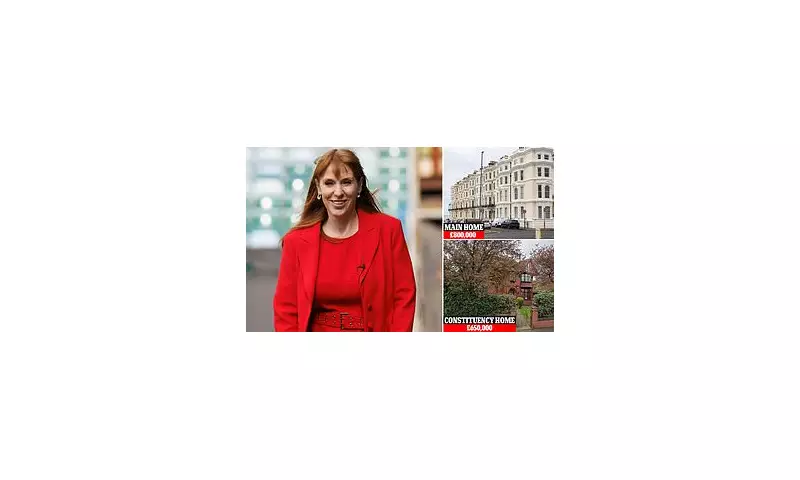
Labour's Deputy Leader, Angela Rayner, is facing intense scrutiny over the sale of her former council house and her personal tax arrangements, following revelations about her use of a wealth protection firm.
The controversy centres on the 2015 sale of her ex-council property on Vicarage Road in Stockport, which netted a significant profit. Key questions have emerged about whether this profit was subject to Capital Gains Tax (CGT) and the validity of her declaration of the property as her 'principal private residence' at the time of the sale.
The Central Allegations
At the heart of the matter is a potential discrepancy in Ms. Rayner's official declarations. Neighbours and electoral roll records from the period reportedly suggest she was primarily living at her husband's separate address in Lowndes Lane, a claim that contradicts the 'main residence' status declared for the Vicarage Road property.
This distinction is critical for tax purposes. If Vicarage Road was not her main home, she could have been liable for a substantial Capital Gains Tax bill on the sale's profit. Failure to pay this would be a serious breach of tax rules.
Wealth Protection and a Company Connection
Further complicating the situation are revelations about a company called Wealth Protection and Will Writing Ltd. This firm, which lists services for 'property owners and investors', was registered at Ms. Rayner's Vicarage Road address by her brother.
While there is no suggestion the company was used for illegal purposes, its connection to the property raises additional questions about the nature of its activities during her ownership.
Political Fallout and Labour's Response
The allegations have provided ammunition for political opponents, particularly the Conservatives, who have accused the Labour deputy of hypocrisy. They point to her past criticisms of tax avoidance and her party's stance on social housing.
In response, a Labour spokesperson has strongly defended Ms. Rayner, stating she has 'taken expert tax advice which confirms she was not liable for Capital Gains Tax' on the sale. They have dismissed the claims as a 'desperate smear' from a Conservative Party trailing significantly in the polls.
Despite these assurances, pressure is mounting for greater transparency. Critics are calling for the publication of the independent legal advice she received to conclusively clear her name.
This property row threatens to overshadow Labour's messaging and poses a significant challenge to a key figure in the party's leadership, demonstrating how past financial decisions can resurface to dominate the political narrative.





